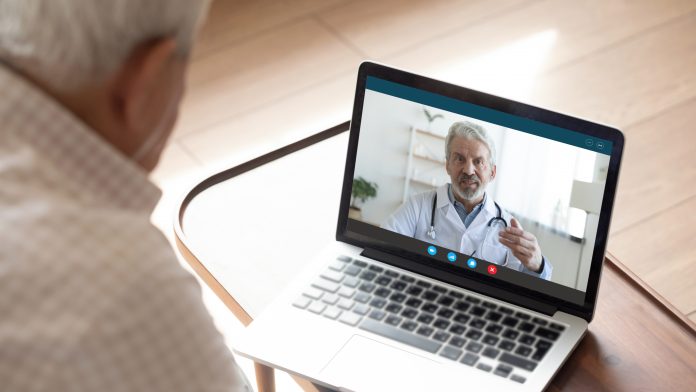Prof Dr Freimut Schliess, Director of Science & Innovation at the Profil Institut für Stoffwechselforschung GmbH, shares a vision for remote decentralised clinical trials
Through the wide availability of medical-grade digital technology and compliant artificial intelligence (AI)-powered data services, Remote Decentralised Clinical Trials (RDCTs) could become a golden standard in pivotal clinical research. Beyond strengthening the resilience of trial operations, RDCTs can improve the efficiency of clinical development programmes and the real-world effectiveness of drugs & devices. RDCTs may provide an ethical and operational blueprint for the AI-powered exploitation of patient-generated data in clinical care.
Currently, the development of new drugs and devices towards market launch is cost-intensive and inefficient. To improve the efficiency of clinical development programmes, we see a strong need for integrating the acquisition of person-generated real-world data already present in the early phase clinical trials. RDCTs, also known as virtual or web-based trials or hybrid trials when combined with traditional trials, will have a key role to play in generating robust pre-approval evidence for the real-world effectiveness of drugs and devices. Medical-grade multi-parameter sensor systems connected with efficient communication platforms for the assessment of patient-reported outcome measures should address multiple domains of drug safety and tolerability, as well as the treatment- effect-modifiers that might interfere with the efficacy of drugs and devices in real-world.
The underdevelopment of real-world data-informed decision-making accounts for inefficiencies in both clinical research and clinical care. In clinical research, the lack of real-world data accounts for the low predictive power of clinical trials. This not only contributes to high attrition rates with a 50% failure of drug candidates, even in phase III, but also to the well-known gap between the efficacy of investigational drugs and devices seen in controlled clinical trials and the effectiveness of marketed products observed in real-world. Recently the EU-backed Knowledge and Innovation Community EIT Health in its Handbook on Implementing Value-based Healthcare in Europe1 advertised for the exploitation of synergies from convergent trends in clinical research and care. Indeed, RDCTs could develop a high potential to play a key role in improving outcomes that truly matter to patients – by making clinical development programmes more efficient and narrowing the gap between controlled clinical trial outcomes and real-world effectiveness.
Clinical contract research organisations (CROs) have the capabilities to advance the integration of compliant digital technologies and connected data services for bringing RDCTs closer to pivotal clinical research. For example, the new pan-European RealWorld4Clinic initiative is coordinated by a clinical CRO. The project is going to develop and deploy an AI-powered system for the remote monitoring of cardio-respiratory health in pivotal clinical research. A strong focus lies on the cybersecurity of the cloud-based data solution and the implementation of a personal data lifecycle management platform to guarantee full compliance with European and U.S. regulatory requirements and legal obligations. Key design features include the seamless connectivity and interoperability with different data sources, a dynamic and fine-grained consent management, as well as the provision of privacy-preserving data access, secure hooks to external algorithms, and access to audit logs and pre-built compliance services. The Trials@Home Centre of Excellence, promoted by the EU-backed Innovative Medicines Initiative, is another co-creative multi-stakeholder consortium that explores opportunities for moving clinical trials from the clinical research unit to real-world settings. This includes the evaluation of technologies and other operational innovative approaches for RDCTs, as well as the design and implementation of a pan-European pilot.
The vision is that technology-enabled RDCTs will increase the predictive power of clinical trial outcomes, thereby providing better evidence for the decision-making on the continuation of clinical development programmes, with corresponding cost savings in the order of billions of euros. RDCTs can strengthen the resilience of trial operations to external influences such as human factors and the current pandemic situation. RDCTs have the potential to provide an ethical & operational blueprint for the AI-powered exploitation of patient-generated data in clinical care.
1EIT Health, Implementing Value-Based Health Care in Europe: Handbook for Pioneers (Director: Gregory Katz), 2020.
The support of Tatiana Affini Dicenzo (Manager Science & Innovation at Profil Institute für Stoffwechselforschung GmbH) is greatly acknowledged.











